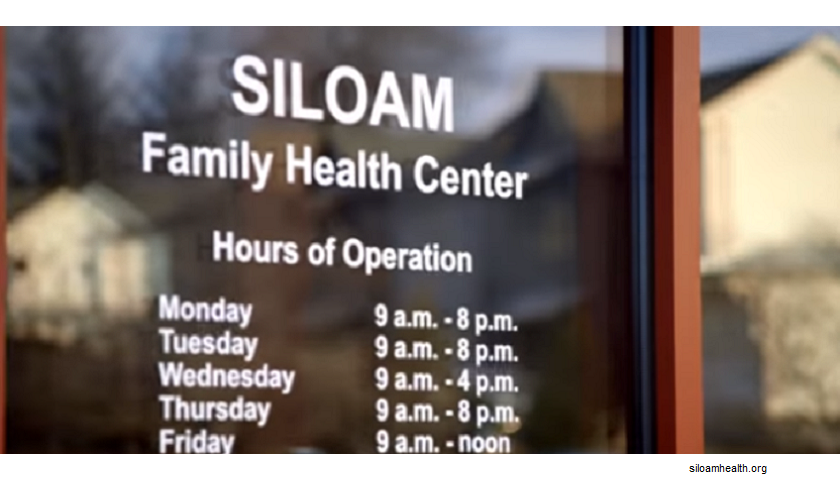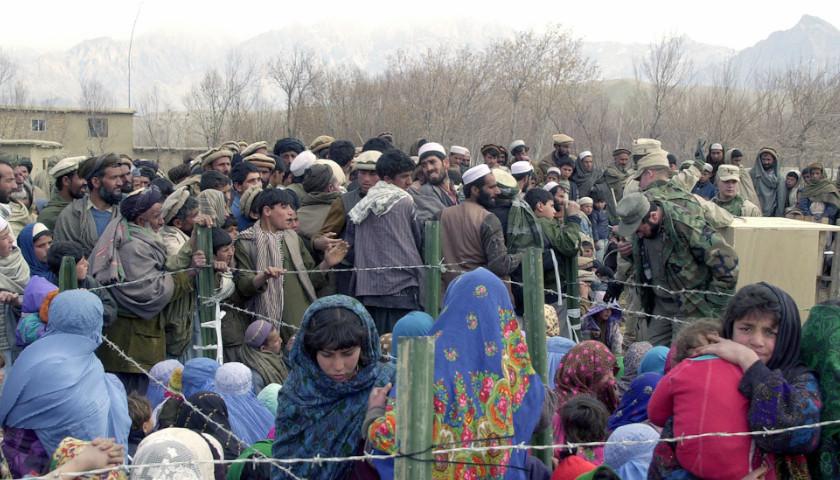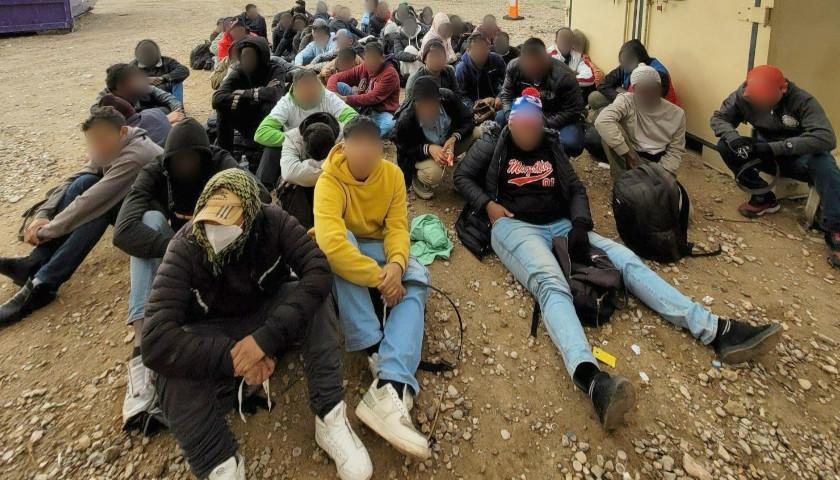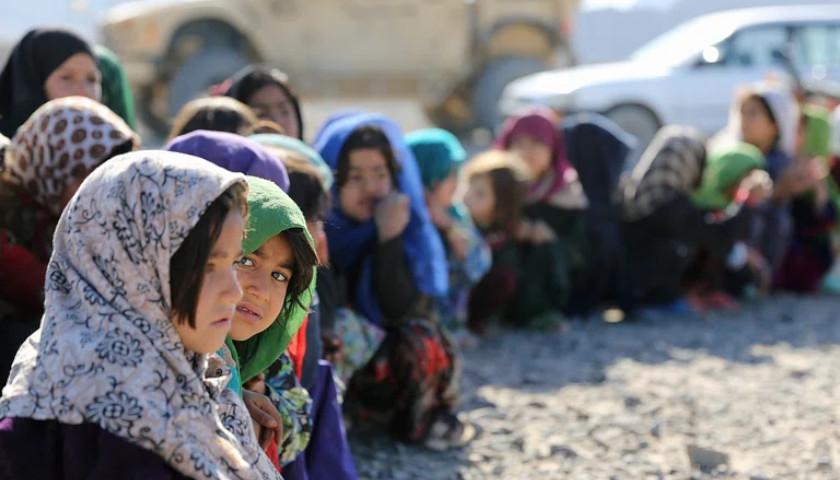Working in partnership with Catholic Charities’ TN Office for Refugees, Siloam Health Care Services, Inc., headquartered in Nashville, serves as the Statewide Refugee Screening Coordinator for Tennessee and provides the initial domestic medical screening for refugees resettling in Middle Tennessee. Siloam also contracts with Christ Community Health Center in Memphis, and Cherokee Health Systems in Chattanooga and Knoxville to provide the medical screenings in East and West Tennessee where federal resettlement contractors are bringing refugees.
Siloam has confirmed to the Tennessee Star that they do not screen for FGM as part of a refugee’s initial exam, and because Siloam says they don’t provide follow-up primary care for the refugees, they have no idea what the “actual prevalence of FGM among refugees” might be:
Performing a pelvic exam is not a routine part of that first exam. For that reason we can’t comment on how prevalent FGM is among the refugees that we screen. Follow-up care (continuity of care or ongoing primary care) is with local TennCare practitioners in the county, so the actual prevalence of FGM among refugees may be known by others in our community.
However, Siloam’s January 29, 2017, Facebook post expressly acknowledges the continuing medical-patient relationship with “many” of the refugees who were first screened at Siloam upon arrival in Nashville:
As you may know, every refugee that’s resettled in Nashville passes through the doors of Siloam Health for his or her initial medical screening exams. Many of these refugees eventually become our primary care patients, and it is our privilege to get to know them over time as they become a vital part of the flourishing of our community.
The Population Reference Bureau (PRB) report, estimates that the Nashville-Davidson-Murfreesboro-Franklin Metropolitan Statistical Area is ranked 20th in the country for the potential risk of FGM being performed on women and girls and that Tennessee is number 18 in overall state rankings for risk to women and girls from FGM.
The FGM risk factor and its connection to immigration was confirmed by updated estimates from the Center for Disease Control and acknowledged by liberal media. Doctors from cities where immigrants from Africa, the Middle East and Asia are being resettled either by federal refugee resettlement contractors or through other immigration programs, say they are seeing more cases of medical issues related to FGM.
UNICEF’s statistical overview of FGM shows that “girls and women who have been cut are more likely to favour maintaining the practice” and that for reasons including social acceptance and religious compliance, girls are mutilated even when their mothers oppose FGM. Anywhere from fifty to sixty-five percent of girls and women in Egypt, Gambia, Sierra Leone and Somalia, support continuing the practice of FGM.
Refugees from all of these countries have been resettled in Nashville and in Siloam’s own words, “every refugee that’s resettled in Nashville passes through the doors of Siloam,” they have also been screened at Siloam.
Amanda Parker, Senior Director of the AHA Foundation, started by FGM survivor Ayaan Hirsi Ali, confirms the FGM-immigration link, but adds that the mutilation of women and girls living in the U.S. despite FGM being illegal is also related to secrecy and the lack of exposure of its occurrence:
The increase in FGM in the U.S. is almost entirely, if not entirely, due to the increase in immigrants from countries where FGM is practiced,” Parker said. “Somalia, Egypt, Sudan and others all have very high rates of FGM with more than 90% of girls in each country undergoing this abusive practice.
In the U.S., FGM is either performed in secret or girls are taken to their families’ country of origin for the procedure. This is a practice referred to as ‘vacation cutting,’ as it is typically done during school holidays so as not to bring attention to girls being absent from school in order to heal.
Anti-FGM activists now living in the U.S. who survived the brutality of FGM agree that the secrecy of the practice allows it to continue and that the incidence of mutilation, whether performed here or prior to arriving, must be exposed if there will ever be a chance of protecting young girls from this brutality.
In 1996, Democrat leaders in Tennessee criminalized FGM and the same year that Sen. Bill Ketron revealed that twenty-one cases of FGM were reported in Tennessee, the United Nations passed a resolution describing FGM as “irreparable, irreversible abuse.”
Siloam Health, a provider of medical services to women and girls from high FGM countries, avoids collecting data state-wide on FGM even though it is uniquely positioned to help eradicate the high risk to women and girls seeking refuge in Tennessee.









Not surprising seeing how Catholic Charities is all about making money off of the importation of refugees.
[…] Siloam Health Chooses Not to Help Stop Female Genital Mutilation in Tennessee – Tennessee Star […]
Maybe a pelvic exam should become a part of the Siloam Health routine for refugees. Given the facts, it makes sense.
Well, the easy fix is to make a pelvic exam standard on a first visit. That sounds like a great idea. /s
If law enforcement is required to “investigate” where crimes are reported to be committed,
Why isn’t FGM being investigated?????
The most serious violation of law ever committed is when the blindfold is taken off Lady Justice.